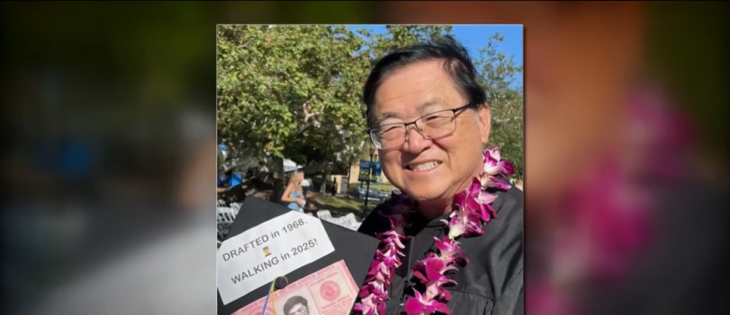Ruling Cites Supreme Court Decision Overturning Chevron Precedent
A federal judge in Mississippi ruled Wednesday that the Biden administration cannot enforce new anti-discrimination rules in health care for transgender Americans, citing the Supreme Court ruling that overturned the Chevron decision, as reported by CNN.
U.S. District Judge Louis Guirola, a George W. Bush appointee, issued a preliminary injunction two days before the new protections were set to take effect. The ruling blocks the Department of Health and Human Services (HHS) from implementing rules intended to bar health providers and insurers receiving federal funding from discriminating against individuals based on gender identity or sexual orientation. These rules were meant to restore protections for transgender patients that had been rescinded by the Trump administration during Trump’s first year in office.
Immediately, several Republican state attorneys general filed to challenge the rules. Their arguments were based on their intention not to follow these rules, the financial consequences of that action, and the fact that HHS exceeded its authority.
Guirola sided with the plaintiffs, stating that HHS had improperly relied on a 2020 Supreme Court ruling, Bostock v. Clayton County, which extended federal civil rights protections to LGBTQ workers, in crafting the new rules. The Biden administration has used the Bostock decision to bolster protections for LGBTQ+ Americans.
In his ruling, Guirola also referenced a recent Supreme Court decision that overturned the “Chevron Deference” precedent, which required courts to defer to federal agencies’ interpretations of ambiguous laws.
Judge Guirola wrote, “Plaintiffs have demonstrated a substantial likelihood of success on the merits of their claim that HHS exceeded its statutory authority by applying the Bostock holding to Section 1557’s incorporation of Title IX in its May 2024 Rule. And to the extent that Congress and the Executive Branch may disagree with how the courts have performed [their] job in a particular case, they are, of course, always free to act by revising the statute.”





















